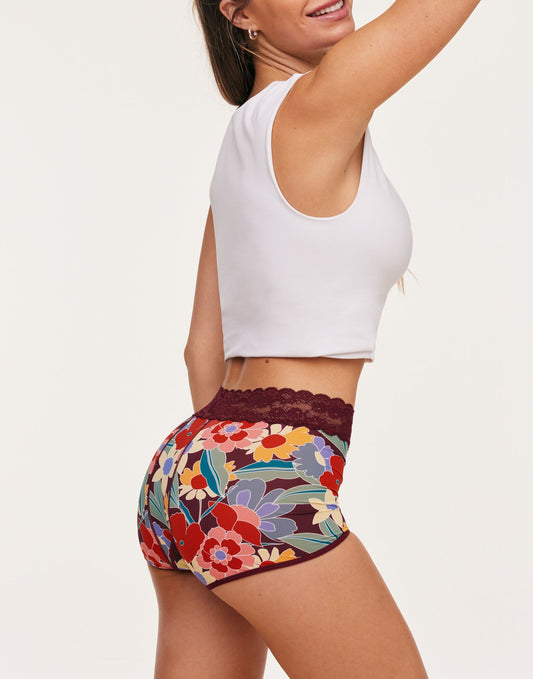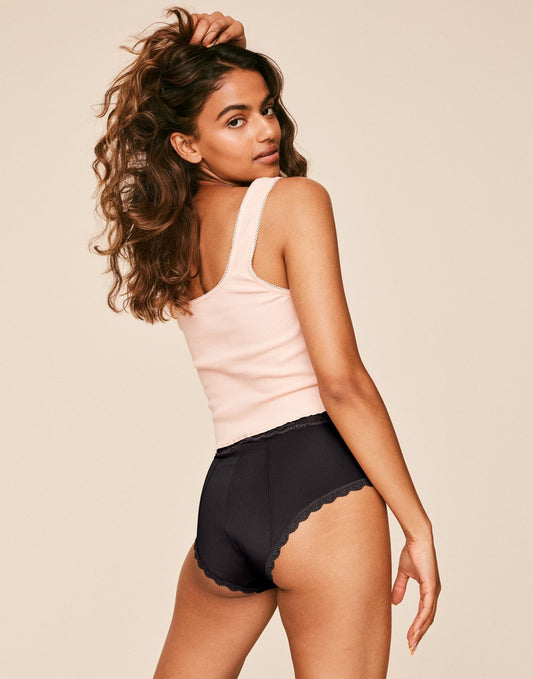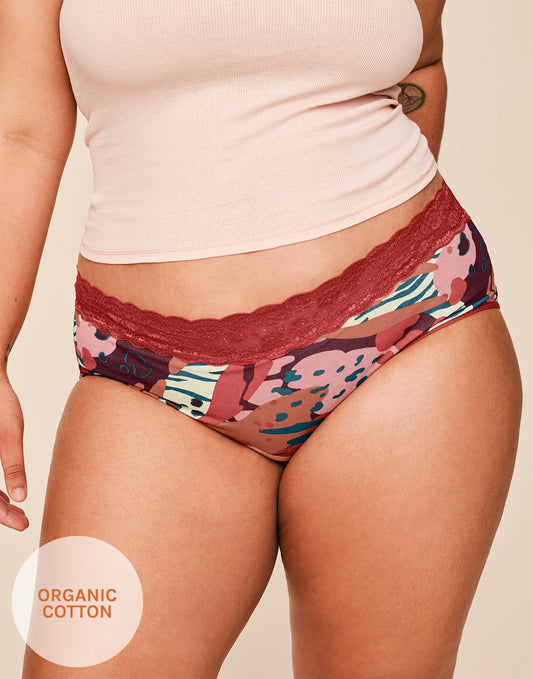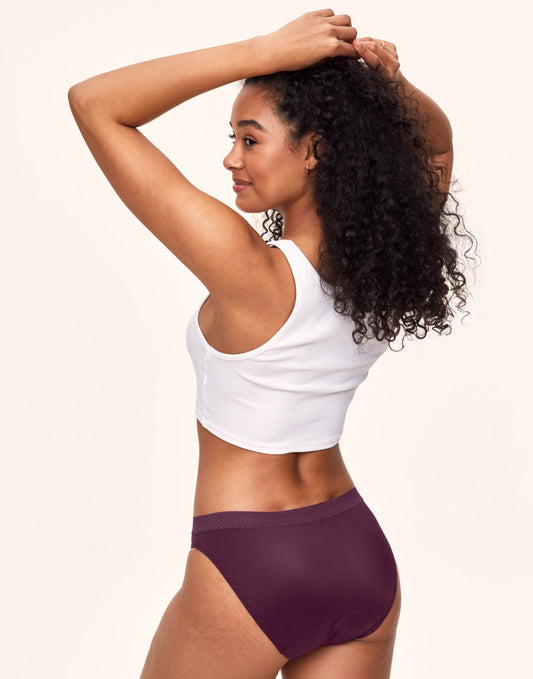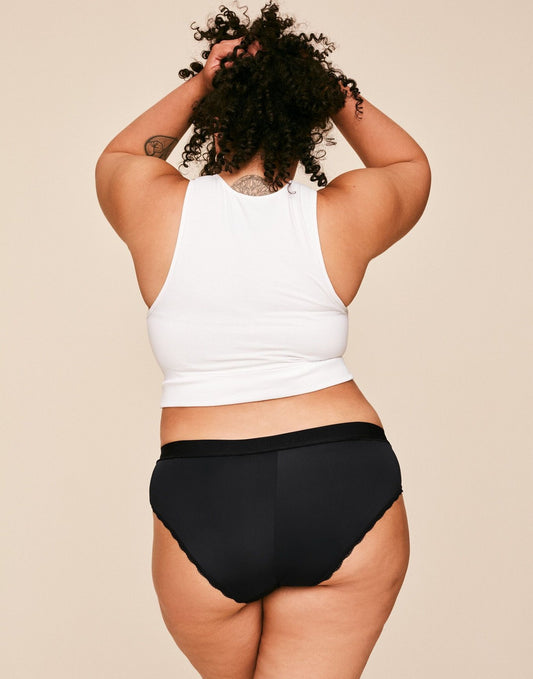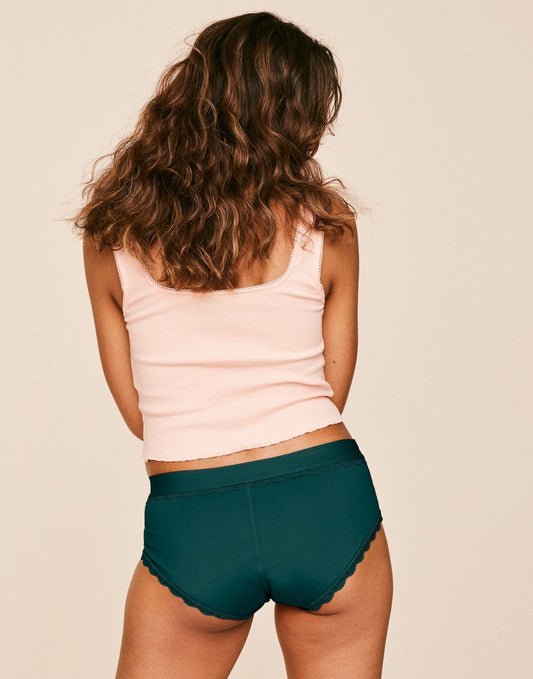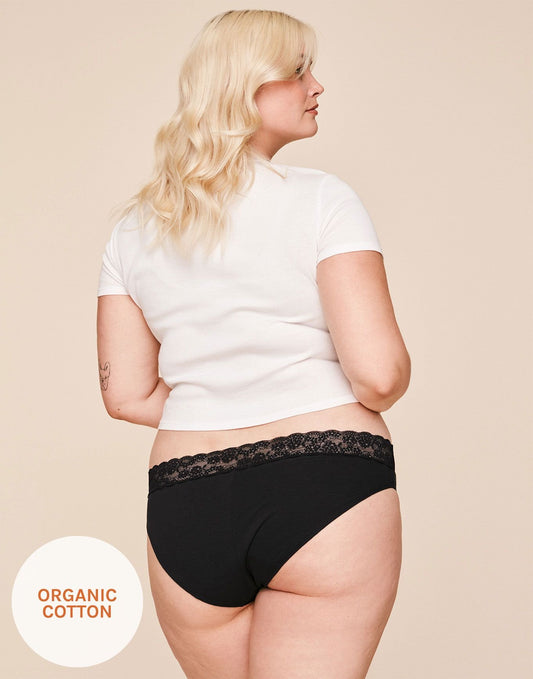
This Is How People in the Military Deal With Periods
Natasha LavenderAs of this writing, there are more women and people assigned female at birth (AFAB) serving in the United States military than ever before. Yet, in 2019, the Defense Department estimated that women make up approximately only 20 percent of the Air Force, 19 percent of the Navy, 15 percent of the Army, and nearly 9 percent of the Marine Corps. They’re still squarely in the minority.
Still, they must press on: On top of intense workloads and responsibilities that come with military duty, these individuals—or superheroes—are doing it all while dealing with periods too.
So if you ever feel burdened by your period, remember all the folks out there surrounded by men and far from home (and potentially tampons and pads). Below, we asked real military veterans and current soldiers who’ve been there, done that, and powered on regardless.
Bases have stores with menstrual products available.
Fun fact: Military bases in the US and abroad often feel like their own mini cities. Many troops live on them—sometimes with their families!—so there are restaurants, post offices, and stores known as “exchanges” that sell hygiene products (among other things), including tampons and sanitary pads.
“Even bases in Afghanistan have a base exchange,” explains Carol Gee, a retired veteran who spent 22 years serving in both the US Air Force (USAF) and US Air Force Reserves (USAFR).“A base that might be too small for a large base store will tend to have a shoppette, which is similar to QuickTrip or other small stores.” So whether you’re on a base in El Paso,, Germany, or Kuwait, odds are, you should be able to find period supplies fairly easily.
That’s even true if you’re not on land. “Ships have tiny stores, and the mail is generally reliable too as long as you order early,” says Kricket Masters, a current Marine pilot who spends a lot of time on boats ( as well as in the air, via CH-53 heavy-lift helicopters). .
You learn to plan ahead.
Of course, some of these people aren’t just working in bases—they’re out in the field too. “Having periods on a field-training exercise was always inconvenient,” confirms former Army Sergeant Diana Brown, who served between 1986 and 1990. She says that most of her female/AFAB colleagues would use birth control to time their periods to avoid this. While a lot of people do this today, at the time, Brown says, doctors advised against taking the pill back-to-back. “In other words, we took unknown medical risks in order to serve,” she says.
If you can’t avoid having your period in the field, you go prepared. Masters brings hand sanitizer and baby wipes to clean up, and trades her usual menstrual cup for tampons since they’re more discreet.Pads, she says, cause chaffing. She also brings ziplock bags, duct-taped to make them opaque, which she puts the used tampons in and throws away along with food waste.
And you learn to improvise.
As Gee points out, “the military teaches you to be prepared.” But sometimes, nothing can prepare you for a rogue period. Masters says she once had what she describes as “a major flood while I was walking for a flight—you know, the kind where there’s just no waiting.” Yep, we know that feeling. She made do with “those super scratchy paper towels” you find in bathrooms (many of usknow that feeling too) because the military also teaches you to be resourceful, of course
Brown also says that in theory, any bit of cloth will do, but some are better than others. “Socks are out,” she says. “In our day they were green scratchy wool, and in the desert they came in lighter colors. Both bad choices.” A better option was a t-shirt: better to be extra sweaty and pungent than bleeding through your uniform, she says. Alternatively, a washrag or a bandanna are legit alternatives.
You don’t complain.
Like we previously mentioned, with so many men around, periods can be a taboo subject. Masters can’t even imagine having this conversation with a superior. “I have never had my chain of command mention menstruation and its impacts, much less accept that it could have an effect on my job,” she says.
Brown has two theories as to why male superior officers feel uncomfortable bringing up periods: she suspects it’s because they’re either hanging on to that “ew, periods, icky” attitude, or they think it might somehow be misread as sexual harassment.
Another issue is that many women in the military feel pressured to show that they can be just as tough as their male colleagues by hiding anything that can be interpreted as overtly feminine. “You are not going to [draw attention to] your female-ness,” Brown says. So when it comes to periods, “They aren’t bringing it up. You aren’t bringing it up. You’d sooner have that chat with your 12-year-old brother–and it would go about the same way.”
You help each other.
Gee points out that people will hand over a spare tampon or pad to someone in need, and Masters adds that there’s a sense of solidarity and support when people need to vent about their periods.
In the field, they’re literally there for each other. “We go to the bathroom as buddies!” Masters says. “You have a friend stand guard while you do your business.” At least it makes subtly asking for a spare tampon that much easier.
There’s also the possibility of support outside their military friends. Care packages are a big deal to deployed troops, and among the candy, snacks, games and photos, families and friends can send certain feminine hygiene products.
Women and people AFAB have overcome a lot of obstacles—literal and otherwise—to get into the military. Periods are just one more thing they’re going to conquer. (Like we said—superheroes.)

